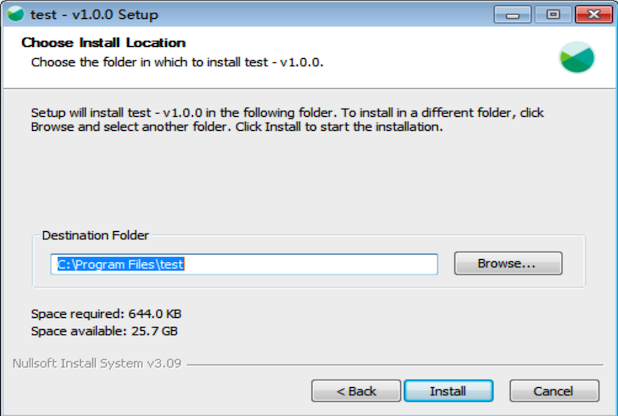Packing Programs
Xmake mainly provides the following three packaging methods for distributing the target program externally:
Generate local package
Through the xmake package command, we can generate a local package with an xmake.lua configuration file, which contains all the target program binaries and can be introduced and used through the add_requires package management interface.
The package directory structure is as follows:
tree build/packages/f/foo/
build/packages/f/foo/
├── macosx
│ └── x86_64
│ └── release
│ ├── include
│ │ └── foo.h
│ └── lib
│ └── libfoo.a
└── xmake.luaThis is generally used to distribute binary libraries and for local integration. For more detailed introduction, please refer to the document: Using Local Packages.
In addition, this method can be used with built-in macro plugins to achieve universal binary packaging for iOS.
$ xmake macro package -p iphoneos -a "arm64,x86_64"
$ tree ./build/foo.pkg/
./build/foo.pkg/
├── iphoneos
│ ├── arm64
│ │ └── lib
│ │ └── release
│ │ └── libfoo.a
│ ├── universal
│ │ └── lib
│ │ └── release
│ │ └── libfoo.a
│ └── x86_64
│ └── lib
│ └── release
│ └── libfoo.a
└── xmake.luaGenerate remote package
We can also use the xmake package -f command to generate a remote package for submission to the repository for distribution. This package is similar to a local package and also has an xmake.lua configuration file, but the difference is that it does not directly store binary libraries, but only has a configuration file.
We can submit this package configuration file to the xmake-repo official repository for distribution, or submit it to a self-built private repository.
However, the generated configuration file may not be directly usable. It only generates a rough template. The user still needs to edit and modify it to adjust the corresponding installation and test logic.
For specific details, see the document: Generate Remote Package.
Generate installation package (XPack)
The last packaging method is the most powerful, implemented through the xmake pack plugin command. It is comparable to CMake's CPack packaging and can provide packaging for various system installation packages to achieve the distribution of target programs.
- Windows NSIS binary installation package
- Windows WIX binary installation package
- runself (shell) self-compiled installation package
- zip/tar.gz binary package
- zip/tar.gz source package
- RPM binary installation package
- SRPM source installation package
- DEB binary installation package
It provides a complete packaging configuration mechanism, which can write flexible configuration scripts and generate more customized installation packages—not only binary packages, but also source packages, self-compiled installation packages, and archive packages.
For example, generate Windows NSIS installation packages.
$ xmake pack -f nsis
For more details, please refer to the document: XPack Packaging.